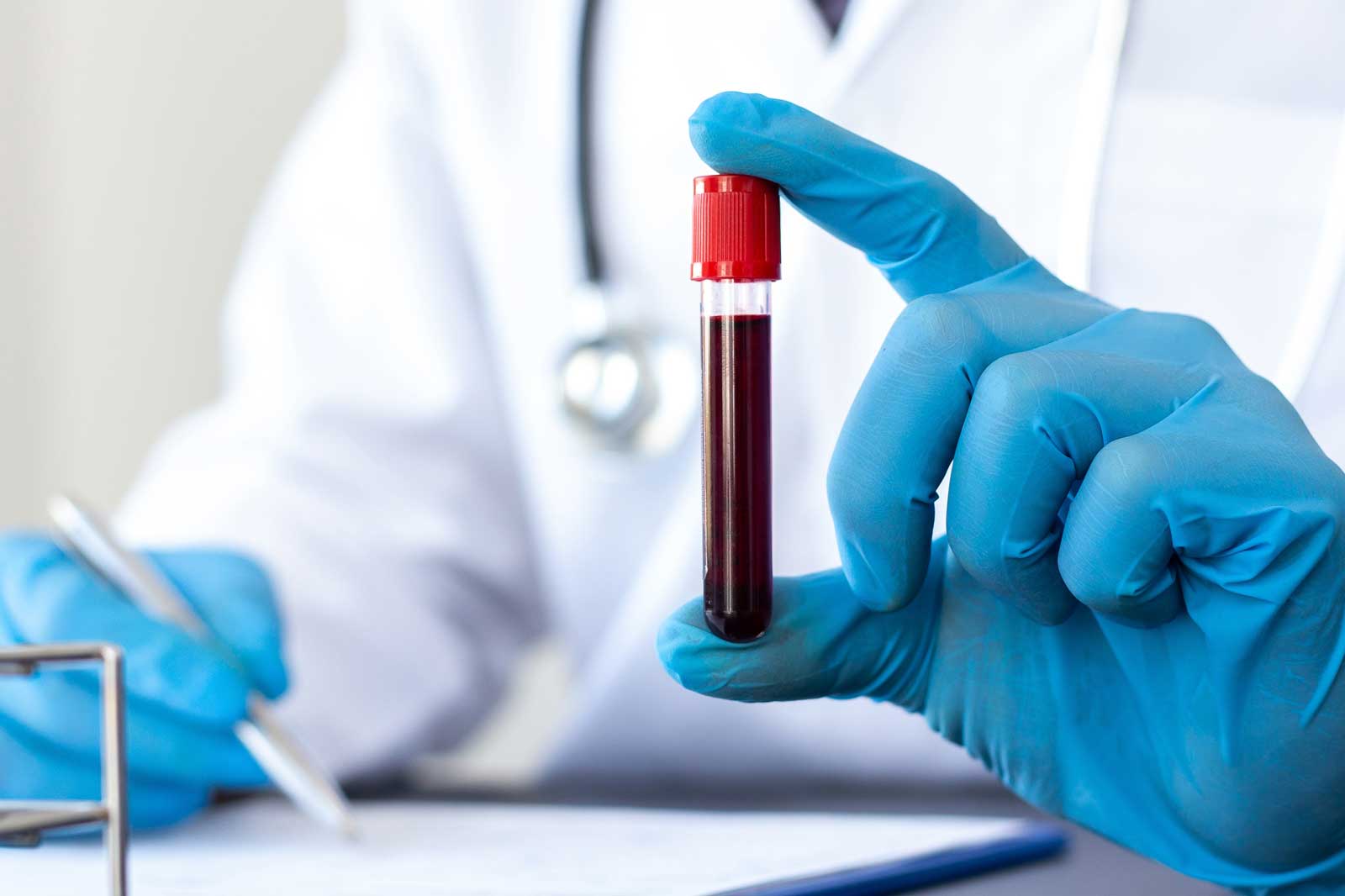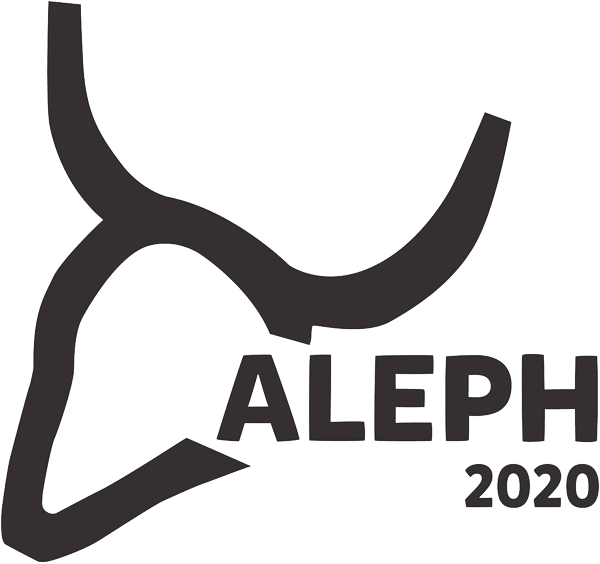Intervention studies do not suggest harm

This subsection addresses the following five questions:
Why are randomized controlled trials (RCTs) with animal source foods useful but not infallible?
Randomized controlled intervention trials are useful for establishing cause-and-effect relationships and are considered high up in the evidence hierarchy. However, such trials are not infallible. Problems may arise when, for instance, the normal dietary context is overlooked, or when biomarkers are not robust enough to evaluate the actual health impact.
What do RCTs tell about the effect of animal source foods on morbidity and mortality?
The evidence from randomized controlled trials with respect to the impact of a low or high intake of animal source foods on cardiometabolic outcomes or mortality is overall of low to very-low certainty. The causality of the associations between certain animal source foods and morbidity or mortality outcomes obtained from observational studies remains therefore highly uncertain.
What do surrogate endpoints in RCTs tell about the health effects of animal source food intake?
Intervention trials with animal source foods do not show harmful impact on blood pressure or markers for glycaemic control, inflammation, or oxidative stress, and may even yield beneficial outcomes. When saturated fat content is high, there may be a slight increase in LDL-C, but effects on other lipid markers are mostly neutral to protective, especially when animal source foods are consumed as part of a healthy dietary setup. Comparing red meat to poultry and fish, there are no significant differences in lipid profiles. Eggs also do not have adverse effects on vascular function or major blood markers. Palaeolithic diets rich in meat, fish, and eggs show positive effects on cardiovascular risk markers and anthropometric measures. Regarding dairy consumption, it can have anti-inflammatory properties and may offer protective effects on cardiovascular risk factors, although there may be slight increases in LDL-C and triglycerides in some cases.
Do RCTs with 'plant-based' diets show health benefits?
There is insufficient information from intervention trials to draw conclusions on the causal effects of vegetarian diets on risk factors for chronic diseases. Such diets may lead to reductions in caloric intake and LDL-C but may also decrease HDL-C, increase triglycerides, and increase postprandial glucose and insulin responses (all depending on the type of plant-based diet). Moreover, comparing plant-based diets to animal-based diets in subjects with type-2 diabetes has not consistently shown clear advantages. Replacing animal proteins with plant proteins might negatively affect bone health markers in healthy adults, possibly due to lower protein quality and reduced vitamin D and calcium intake. Overall, more research is needed to draw definitive conclusions about the benefits of plant-based diets on various health outcomes.
What do experimental (animal) studies say about the health effects of animal source foods?
Intervention studies with experimental animals do not provide consistent evidence for the alleged harmful effects of red and processed meats. The International Agency for Research on Cancer (WHO) concluded that there is inadequate evidence in animals for the carcinogenicity of consuming red meat, processed meat, and haem iron.
